If you or someone you know has been injured on someone else’s property, it’s natural to feel uncertain about who is at fault and how to move forward. You may be dealing with confusion, frustration, and even worry about how to manage a legal case. Whether you’ve suffered an injury from a slip and fall in a retail store, tripped on a poorly maintained sidewalk, or faced any other injury due to hazardous conditions on someone else’s property, you may be dealing with what is known as a premises liability case. This type of case focuses on holding property owners accountable when their negligence leads to someone else’s injury. At Ryan Injury Attorneys, we understand the stress and uncertainty that come with an injury like this. Our team is here to help guide you through the legal process, allowing you to focus on your recovery while we handle the complexities of your case.
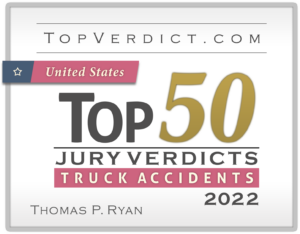
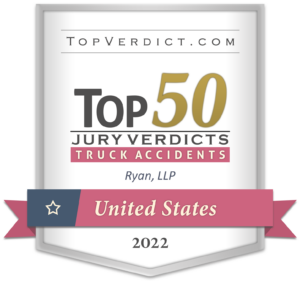
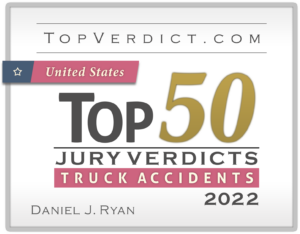
Understanding Premises Liability in Ohio
Premises liability refers to the responsibility property owners or occupiers have to keep their property safe and free from dangerous conditions that could cause harm. In Ohio, this responsibility is governed by laws designed to protect individuals who visit a property. If a property owner or occupier neglects to maintain their premises in a safe condition, they may be held legally responsible for injuries that occur as a result.
When it comes to a premises liability case, the core issue is whether the property owner failed to take reasonable steps to prevent injury. For example, if a property owner knew about a spill in their store but did not clean it up in time, they may be responsible for any injuries resulting from that spill. Similarly, if a property owner ignores a broken sidewalk or poorly lit stairwell, and someone is injured as a result, the owner could be held liable for not addressing the danger.
It’s important to note that this responsibility applies to both private homeowners and businesses. For instance, if you are injured on a business’s property due to unsafe conditions, the business owner could be found liable. In contrast, injuries occurring on public property could involve government entities, depending on the situation. In any case, the property owner is typically the first party to consider when determining who is responsible for the injury.
Attorney Paralegal Our objectives remain clear in every case we pursue: To give every client, without delay, excuse or equivocation, our full attention, sound advice and forceful representation.Dan Ryan
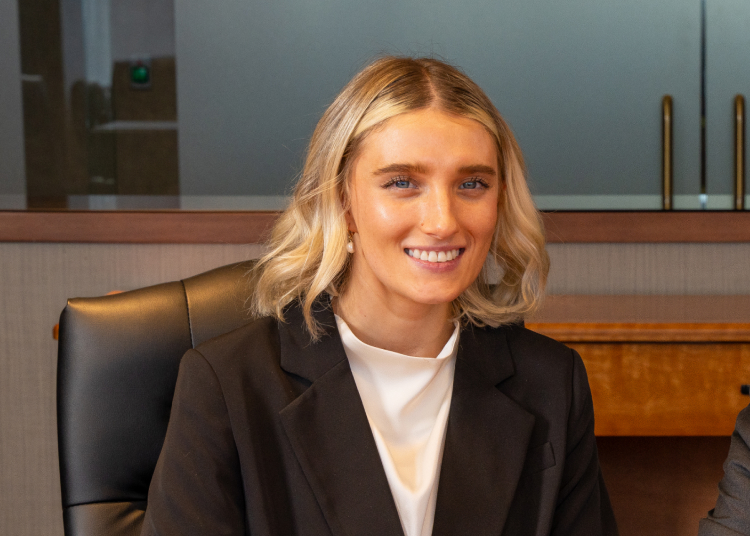
Elizabeth Fitzgerald
Determining Responsibility for Your Injuries
Figuring out who is responsible for your injuries in a premises liability case is not always straightforward. In most situations, the property owner or occupier is responsible for maintaining safe conditions. However, the details of the case can influence how responsibility is assigned.
For example, if you are injured in a store after slipping on a wet floor, the store owner might be liable for not cleaning up the mess or providing a warning about the danger. On the other hand, if your injury occurs on a sidewalk that is poorly maintained by the city or county, you may be able to hold the local government responsible. These kinds of cases, involving government property, can be more complex due to specific legal rules surrounding governmental liability.
It’s also important to consider the nature of your visit to the property, as this can affect who is responsible for your injury. Ohio law generally distinguishes between different types of visitors to a property. These distinctions can determine the level of care the property owner is required to take and how likely it is that the owner will be held responsible for an injury.
Types of Visitors in Premises Liability Cases
In Ohio, the law differentiates between different types of visitors to a property, and each category of visitor is owed a different level of care. Whether the property owner is liable for an injury can depend on your status as a visitor.
An invitee is someone who enters a property with the property owner’s permission for a purpose that benefits the owner, such as a customer in a store. Property owners owe invitees the highest duty of care, meaning they are expected to regularly inspect the property for hazards, fix dangerous conditions, and warn visitors of any potential dangers.
A licensee, on the other hand, is someone who is invited onto the property but not for the property owner’s benefit. This could include social guests or someone who enters a property to visit a friend. Property owners owe a lower duty of care to licensees, but they still must warn them about known hazards and avoid creating new dangers.
A trespasser is someone who enters the property without the owner’s permission. Property owners generally do not owe trespassers a duty to keep the property safe, though there are exceptions. For instance, if the property owner knows a trespasser regularly enters the property, they may be required to take steps to prevent injury.
Determining your status as a visitor is important when it comes to evaluating whether the property owner can be held responsible for your injuries.

- Zora S.
![]()

- Lashawn H.
![]()
Common Types of Premises Liability Cases in Ohio
Premises liability claims can cover a wide range of accidents that happen on someone else’s property. Some of the most common cases include slip and fall accidents, trip and fall accidents, and injuries caused by falling objects. These types of injuries often occur when the property owner has not taken reasonable steps to maintain a safe environment.
Slip and fall accidents, for example, can occur when floors are wet, uneven, or obstructed by objects. In some cases, an injured person might slip on a spill in a store or restaurant, and if the owner knew about the spill but failed to clean it up or warn customers, they could be held liable for the injury.
Trip and fall accidents typically occur when a person trips over a hazard such as an uneven sidewalk or poorly maintained stairs. If the property owner knew about the hazard but did not address it, they may be responsible for any injuries resulting from the accident.
Other cases might involve dangerous conditions like poor lighting, broken railings, or inadequate security. These situations can create hazards that lead to accidents, and if the property owner was negligent in addressing them, they could be held accountable.
The Importance of Acting Quickly in Premises Liability Cases
If you’ve been injured on someone else’s property, it’s important to act quickly. Premises liability cases are subject to Ohio’s statute of limitations, which limits the amount of time you have to file a claim. In Ohio, the statute of limitations for personal injury cases, including premises liability claims, is generally two years from the date of the accident. If you wait too long to file your claim, you could lose your right to seek compensation.
In addition, evidence related to your injury may become harder to gather over time. Surveillance footage may be deleted, witnesses may forget details, and conditions on the property may change. Acting quickly to gather evidence and consult with an attorney is critical to building a strong case.
How Ryan Injury Attorneys Can Help You
Dealing with a premises liability case can be overwhelming, especially when you are trying to recover from an injury. At Ryan Injury Attorneys, we are here to help you understand your rights and fight for the compensation you deserve. We know how challenging it can be to navigate the legal system after an injury, and our team is committed to helping you every step of the way.
If you’ve been injured due to a property owner’s negligence, we will work tirelessly to investigate your case, gather evidence, and build a strategy to pursue a favorable outcome. Whether your case involves a slip and fall, trip and fall, or any other type of injury caused by unsafe conditions, we have the knowledge and experience to help you seek justice.
Contact us today to schedule a free consultation, and let us help you get the compensation you deserve.
